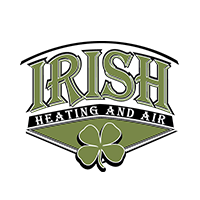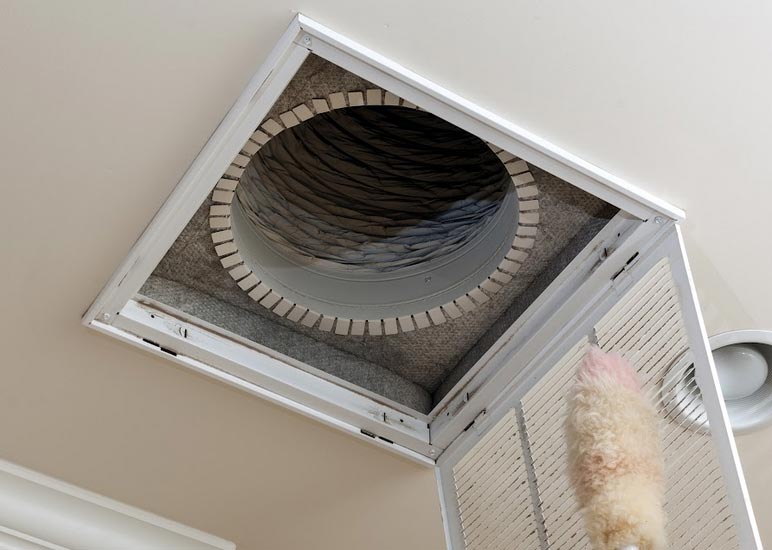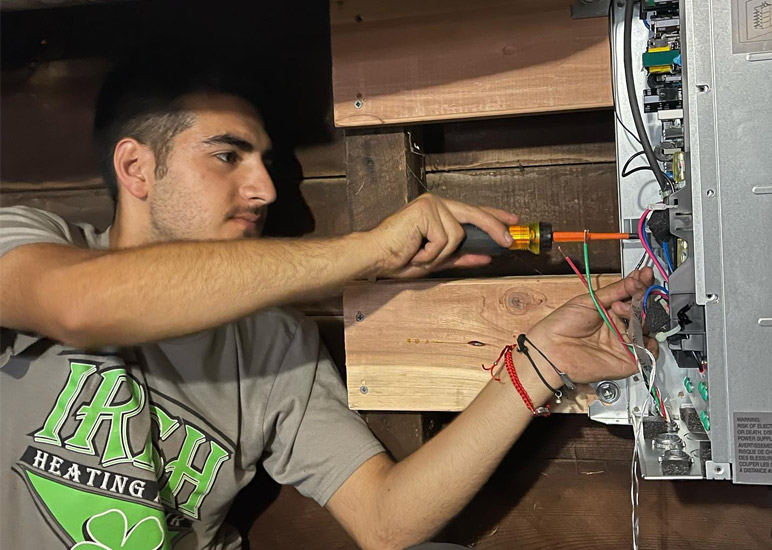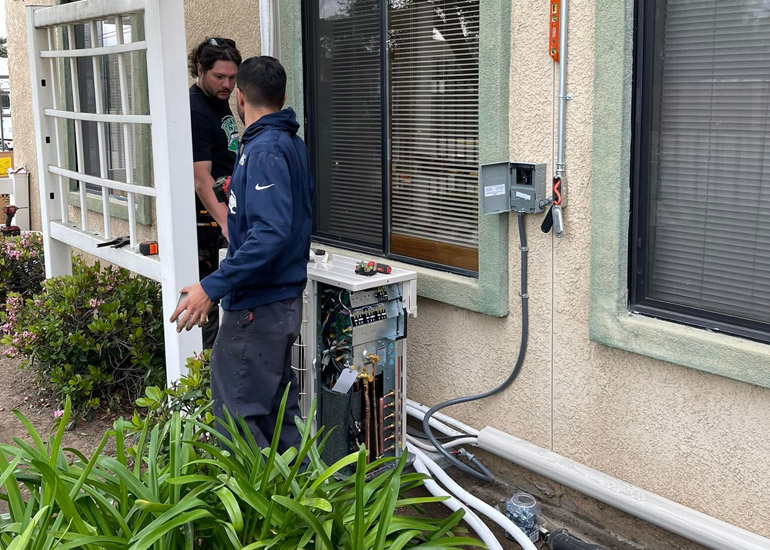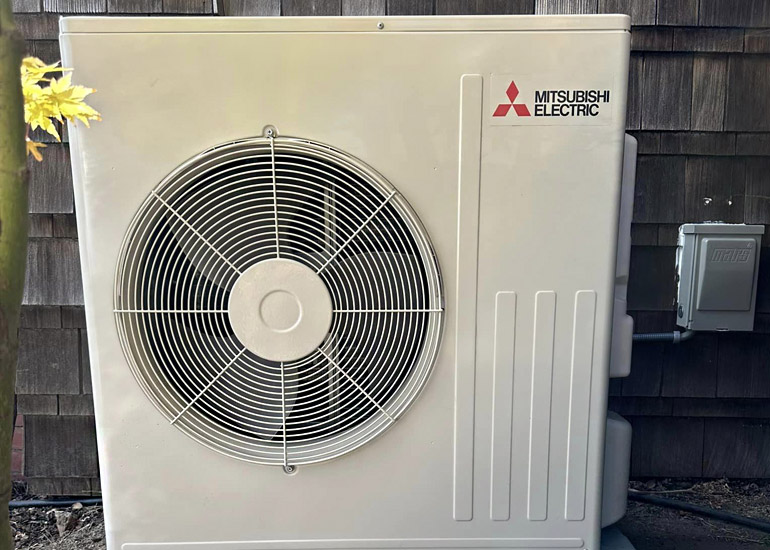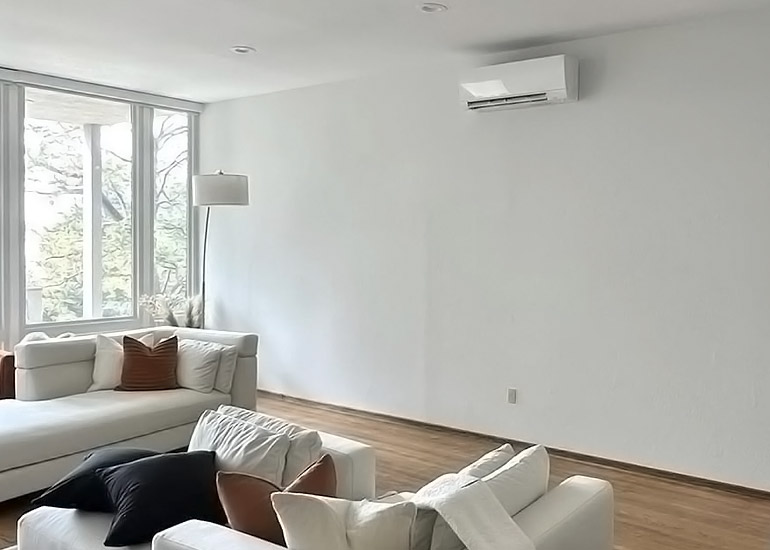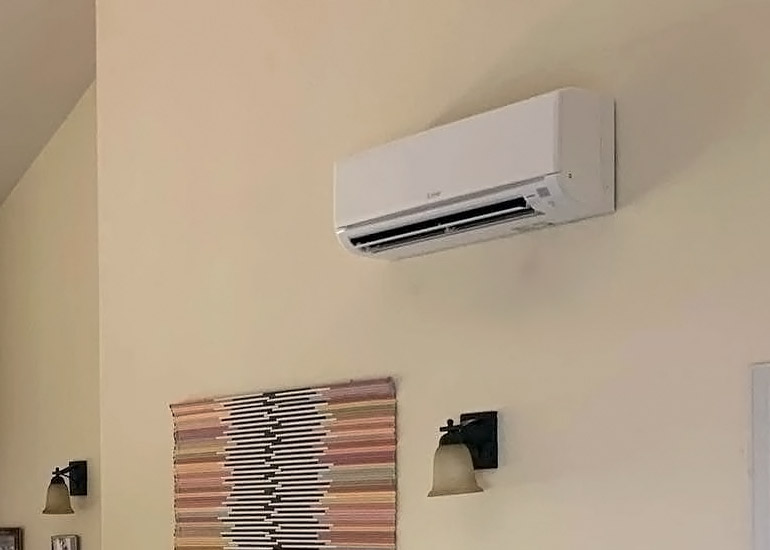
If you live in an area where the summer months can become unbearably hot, you may find yourself using your air conditioner more often than not. While having an air conditioner can make your home feel much more cool and relaxing, it can also eat into your finances and be costly to run for long.
Let’s take a closer look at how an air conditioner uses energy, and some ways you can lower your energy usage during the summer months.
How Air Conditioners Use Energy
Air conditioners can be somewhat similar to a refrigerator in how they work. The biggest difference being, a refrigerator only cools a small enclosed area, while an air conditioner needs to cool an entire house which often has doors opening and closing, and many warm bodied people or pets inside.
In a somewhat simple explanation, an air conditioner includes a maze of tubes and coils which work to dissipate heat, while also cooling air and expelling it into the rooms of your home. The biggest culprit of energy consumption from your air conditioner comes down to the condenser that cools the hot air inside the unit.
Being able to cool air on such a short notice means an air conditioner must have a very effective and somewhat powerful refrigeration unit. This is run by an air compressor to keep warm air moving into the unit and pushing cool air out. That air compressor works in tandem with a heat dissipator, moisture evaporator, and condenser.
Together, these main components will cool hot air with a gas that turns into a liquid inside the condenser. As the compressor is moving the air through the unit, an evaporator is dissipating heat and moisture from the cooling process, and the condenser is cooling it.
Ways to Lower Your Energy Usage
Even if you have an energy efficient air conditioning unit, rising energy costs can lead to an increased summertime electricity bill. It may not be due directly to your air conditioner, however, there are a variety of things you can do to help lower your energy consumption throughout the hottest months of the year.
- Ensure you are using the right sized air conditioner for your home. If the unit is too small, it will have to work twice as hard to cool your home.
- Look for an Energy Star rating on your air conditioner. These units are more modern and all of the internal components work more efficiently.
- Ensure your home is well insulated. This can include proper insulation in the walls, attic, and basement, as well as temperature-rated windows.
- Stay on top of your air conditioner’s regular maintenance. Keeping your air filters clean will help your air conditioner run more efficiently.
- Use ceiling fans, desk fans, or floor fans to help spread cool air throughout your home.
- While some people might enjoy living in a cold space, keeping your thermostat around 78 degrees Fahrenheit can drastically reduce your energy costs.
Want to Learn More?
Learn more about our air conditioning installation options or call today to speak with one of our AC experts.
